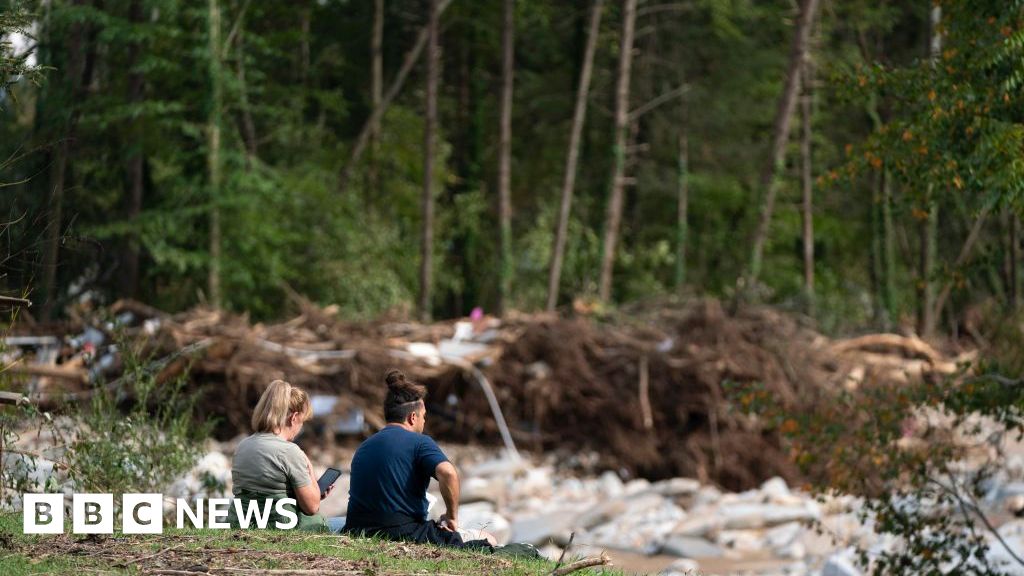Hurricane Helene: A Storm's Ripple Effect on the U.S. Healthcare
The Importance of IV Fluids in Healthcare
Intravenous (IV) fluids are a cornerstone of medical treatment, used daily in hospitals for a variety of essential needs ranging from dehydration treatment to medication delivery. With the sudden shortage stemming from a plant flood, medical professionals nationwide express growing concerns about maintaining the continuum of care.
The manufacturing plant in question, which contributes significantly to the U.S. IV fluid supply, is engaged in the production of these critical solutions—1.5 million bags a day to be precise. Its closure means hospitals may need to ration existing stock or seek alternative sources, potentially at higher costs or with logistical hurdles.

Healthcare System's Response
Hospitals are currently on high alert, strategizing ways to mitigate the impacts of the IV fluid shortage. Many have begun reaching out to alternative suppliers, where feasible, while others have initiated protocols to conserve existing supplies without compromising patient care.
"It's crucial that we prepare for such contingencies," notes Dr. Samuel Green, a prominent healthcare management advisor. "Our priority is always patient safety, even in the face of unforeseeable challenges such as this."
- Implementing conservation measures for existing supplies.
- Negotiating with alternative regional suppliers.
- Enhancing supply chain resilience for future preparedness.
How You Can Help
While professionals in the medical field are doing all they can, there are ways the public can contribute. Supporting organizations that work to build healthcare infrastructure resilience is one approach. Additionally, spreading awareness about the importance of strong and adaptable supply chains can prompt systemic changes.
Consider engaging with healthcare professionals on platforms like LinkedIn or supporting the American Red Cross in their disaster response and preparedness initiatives.
Future Implications
The ramifications of Hurricane Helene are a sober reminder of the interconnectedness of systems and the vulnerability inherent within them. As we move forward, one thing is certain: enhancing the robustness of healthcare supply chains is not just advisable but essential.
For those interested in disaster preparedness strategies, there are informative resources and discussions widely available on platforms like YouTube, where experts delve into innovative solutions to fortify our systems against the next big storm.
